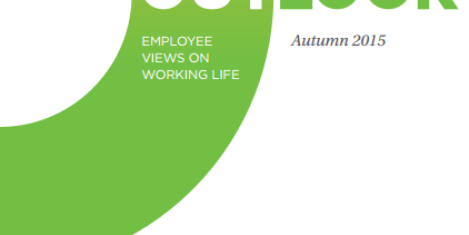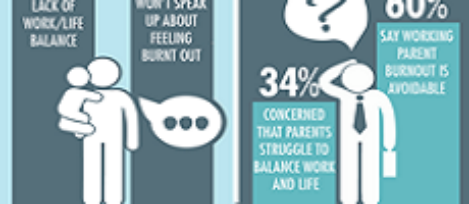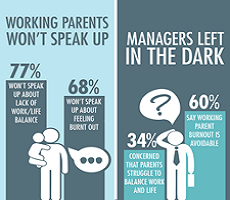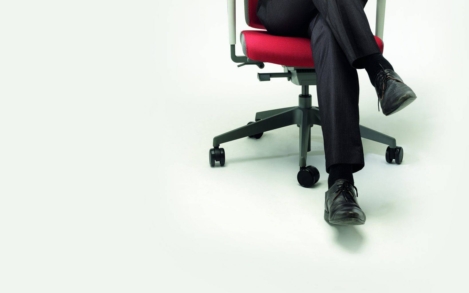November 3, 2015
Almost half of UK employees plan to change jobs within three years 0
 UK employees are among the least loyal in Europe, according to new research by ADP, with nearly half of UK workers (47 percent) planning to change jobs within three years, compared to a third (34 percent) in the rest of Europe. Just 17 percent want to spend the rest of their career in their present organisation, whilst 40 percent of German workers see this as an option. The job market is now becoming more competitive as employees are looking for opportunities outside their home country. However, attitudes towards foreign talent are generally positive with 69 percent of UK employees who don’t see foreign talent as a threat. Even though companies may benefit from a global talent pool, losing local workforce is causing a headache for some countries. Employees in Spain (49 percent), Italy (47 percent), and Poland (39 percent) are particularly concerned about a talent drain to other countries.
UK employees are among the least loyal in Europe, according to new research by ADP, with nearly half of UK workers (47 percent) planning to change jobs within three years, compared to a third (34 percent) in the rest of Europe. Just 17 percent want to spend the rest of their career in their present organisation, whilst 40 percent of German workers see this as an option. The job market is now becoming more competitive as employees are looking for opportunities outside their home country. However, attitudes towards foreign talent are generally positive with 69 percent of UK employees who don’t see foreign talent as a threat. Even though companies may benefit from a global talent pool, losing local workforce is causing a headache for some countries. Employees in Spain (49 percent), Italy (47 percent), and Poland (39 percent) are particularly concerned about a talent drain to other countries.



















 In years gone by, a ‘one size fits all’ approach to office design might have been the norm, but as the decades have progressed, so too have the options available to businesses designing ‘homes from home’ for their office-based workforces. As new interpretations of the office environment proliferated, so the open plan model came to into being and eventually evolved into the default office design model. This initially brought greater variety than ever before but, ultimately, a one size fits all mentality in
In years gone by, a ‘one size fits all’ approach to office design might have been the norm, but as the decades have progressed, so too have the options available to businesses designing ‘homes from home’ for their office-based workforces. As new interpretations of the office environment proliferated, so the open plan model came to into being and eventually evolved into the default office design model. This initially brought greater variety than ever before but, ultimately, a one size fits all mentality in 


 Companies are rethinking the tools they use to keep employees engaged and loyal – especially at a time when flexibility and choice are increasingly important to an workforce that craves mobility and choice. A newly released survey from
Companies are rethinking the tools they use to keep employees engaged and loyal – especially at a time when flexibility and choice are increasingly important to an workforce that craves mobility and choice. A newly released survey from 








October 21, 2015
Far fewer working women than men receive an annual bonus 0
by Sara Bean • Comment, News, Workplace
Nearly three quarters of the UK’s working women don’t receive any form of annual bonus. Glassdoor’s latest UK Employment Confidence Survey found that only 29 percent of women at work receive a bonus, compared to 44 percent of men, which presumably is one reason why 44 percent of men remain positive about the outlook for their employer as opposed to just one in three women. The survey, which is carried out twice a year, also found that over the last six months, nearly half of all businesses in the UK that had made negative changes in the workplace (49 percent) had made employees redundant/and or communicated plans to implement further redundancies. The result is that nearly a third of employees (32 percent) are concerned that they will be made redundant over the next six months, up from 21 percent from the beginning of last year.
(more…)